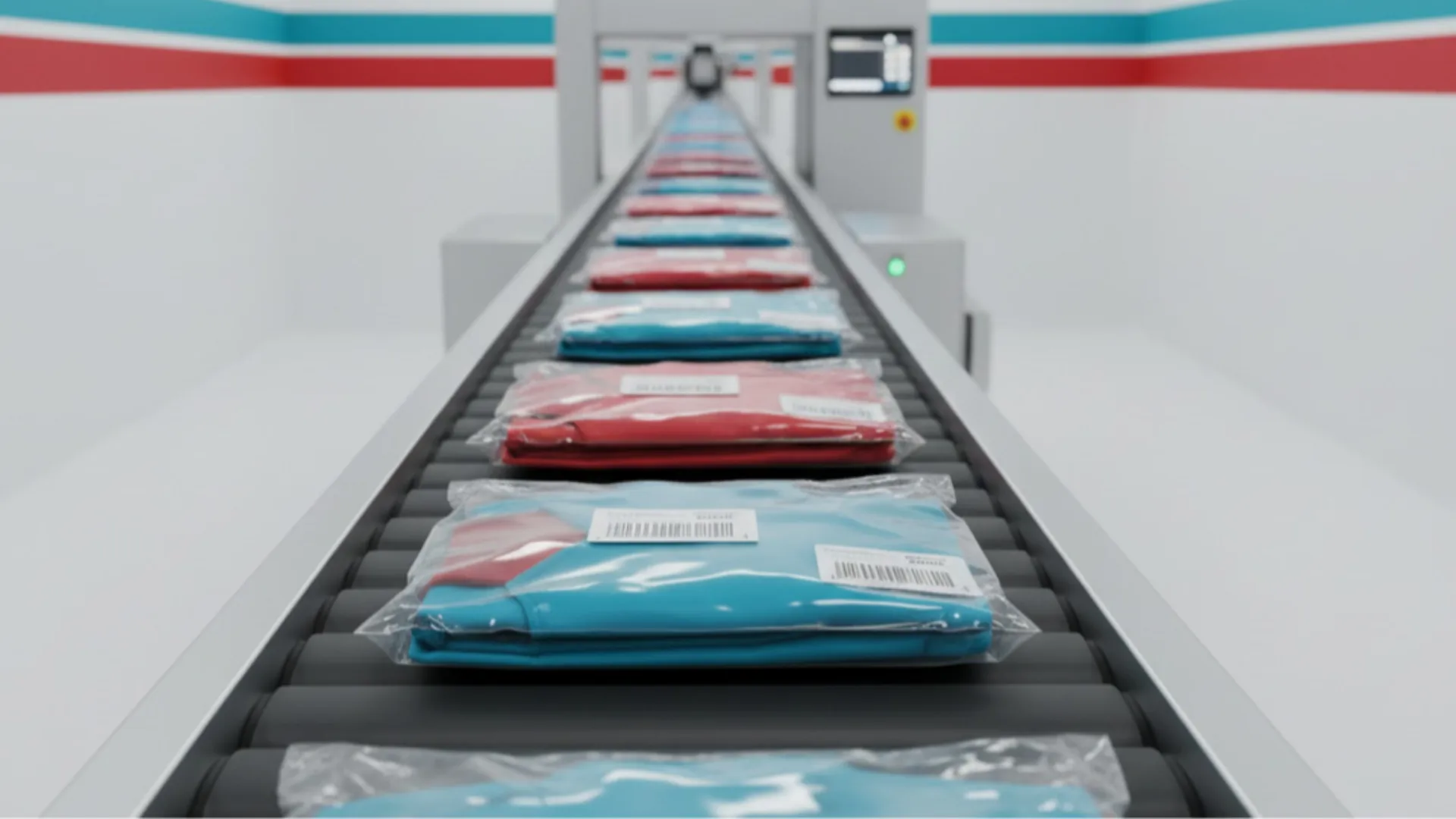The Importance of Barcode Tracking Systems in Uniform Washing Services
Traceability in uniform washing services plays a critical role in quality control and operational safety. Barcode-based tracking ensures accurate recordkeeping, workload management, and error reduction within corporate laundry operations. It allows item-level monitoring and recall procedures while integrating seamlessly with industrial washing solutions for higher efficiency. Organizations using uniform washing solutions gain transparency in receipt and delivery workflows. Barcode tracking also improves accountability by linking inventory, feedback, and maintenance data with quality and hygiene reports, supporting cost analysis and supply chain decision-making. Regular supplier evaluations and structured reporting enhance reliability and compliance.
Delivery Planning and Time Management in Logistics Processes
In logistics, delivery efficiency and timing predictability are crucial. For large organizations, barcode tracking enables route optimization and real-time delivery confirmation. By integrating barcode data, systems automatically record delivery batches and issue alerts for deviations. Collaboration with corporate uniform washing providers allows companies to manage priorities and customer notifications accurately. Barcode records embedded into approval workflows ensure transparency and accountability. These insights align logistics teams with textile hygiene reports and resource allocation plans. Using barcode data for route planning improves load efficiency and shipment frequency while also coordinating backup resources. Documented logistics procedures simplify audits and align delivery reporting with mass uniform washing performance indicators.
Automation and Traceability in Corporate Uniform Washing Services
Automation in corporate uniform washing enhances traceability, reduces operational risks, and improves data accuracy. Barcode tracking accelerates error detection and identifies accountability at each stage. Integrated automation layers transfer barcode data to washing and drying capacity planning systems, enhancing quality verification. Managers collaborate with professional textile washing teams to develop joint procedures for inventory and maintenance coordination. Barcode data presented through dashboards allow instant monitoring and performance evaluation. Integration with industrial washing solutions supports sustainable cleaning technologies and energy analysis. Barcode traceability also simplifies recall procedures and compliance audits. Centralized hygiene records enable accurate cost and performance reviews, allowing measurable improvements in mass uniform washing processes.
Quality Control in Storage and Distribution with Fabric Protection Solutions
Quality control during storage and distribution directly impacts textile care standards. Fabric protection solutions define optimal packaging and environmental conditions for safe textile handling. Barcode labels enable batch tracking and shelf-life verification. Warehouse managers cross-check barcode entries with stock movements to detect non-conformities early and minimize returns. Sustainable cleaning applications lower energy and water consumption during storage. Barcode-linked data integrated into logistics monitoring ensures full traceability per batch. Training programs increase staff compliance with packaging and hygiene standards, linking performance indicators with safety metrics. These processes maintain compliance and strengthen customer satisfaction throughout the supply chain.
Sustainable and Digital Management Approach in Bulk Uniform Washing
A sustainable, data-driven approach in bulk uniform washing enhances efficiency across textile logistics and operations. Barcode tracking solutions provide operational visibility, while digital platforms consolidate barcode data into performance dashboards. These analytics support carbon and water footprint reduction. Managers define targets with professional textile washing providers, aligning maintenance and cleaning programs with sustainability goals. Barcode systems synchronize wash cycles and maintenance records, enabling real-time deviation alerts and digital archiving of audit documents. Cost and delivery compliance data are visualized through management panels for strategic decision-making. Barcode tracking becomes a key performance indicator in supplier evaluations, fostering transparency and higher service quality. Digitalization improves sustainability alignment, operational accountability, and traceable reporting, reinforcing corporate risk management and continuous improvement.



